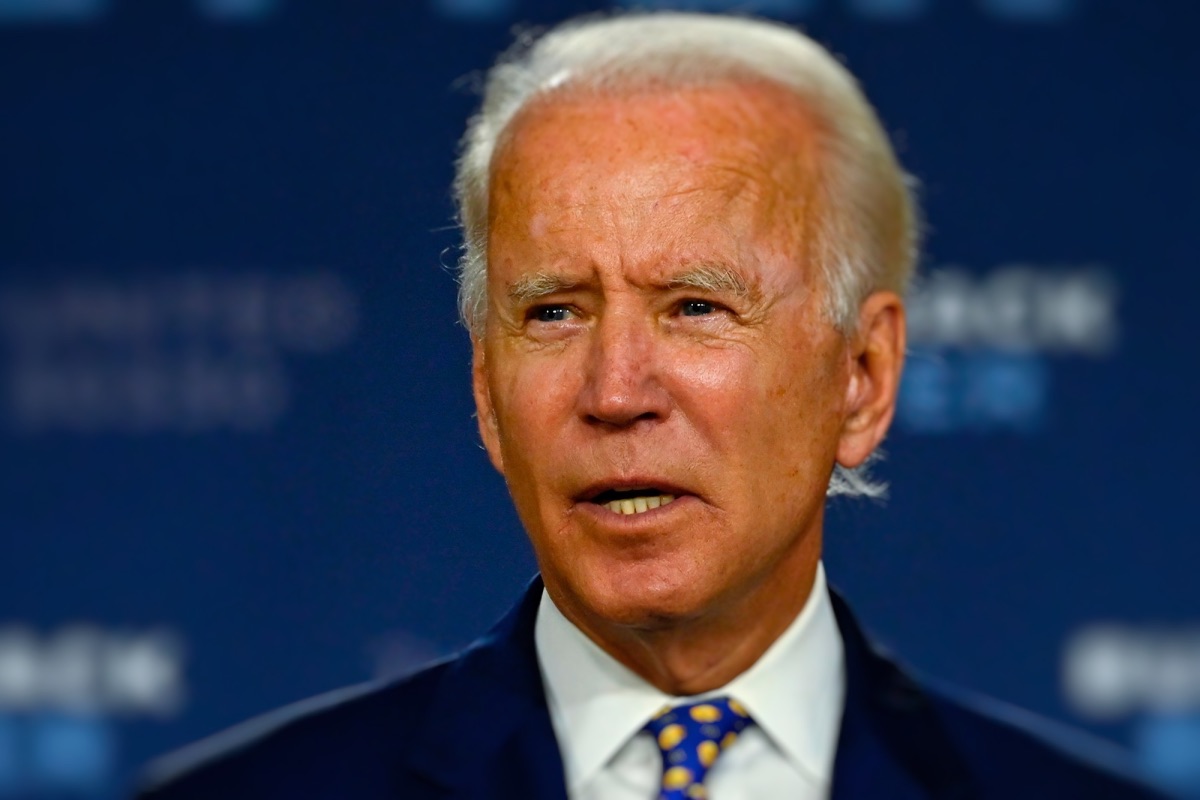WASHINGTON DC, USA — The United States Supreme Court on Friday, June 30, 2023, has invalidated President Joe Biden’s student loan debt relief plan in a 6-3 ruling, declaring that the proposal is an unlawful exercise of presidential power as it lacks explicit approval from Congress.
Chief Justice John Roberts, authoring the majority opinion, stated that according to court precedent, “Congress [must] speak clearly before a department secretary can unilaterally alter large sections of the American economy.”
President Biden’s student loan relief plan would have enabled eligible borrowers to cancel up to $20,000 in debt, with an estimated cost exceeding $400 billion. However, the 8th U.S. Circuit Court of Appeals had placed a temporary hold on the plan last October.
Approximately 43 million Americans would have qualified for the program.
This development is likely to have political ramifications for President Biden, as one of his campaign promises during the 2020 Presidential election was to address the student loan debt crisis in order to galvanize support among younger voters.
The Biden administration now faces pressure to seek alternative methods to alleviate student debt that could be legally sustainable.
Advocates, including some Democratic members of Congress, argue that the Education Department possesses extensive authority under the Higher Education Act of 1965 to forgive student loans, a different legislation than the one scrutinized by the Supreme Court.
The Supreme Court’s ruling came in response to two cases: the first filed by six states, including Missouri, and the second by two student loan debt holders, Myra Brown and Alexander Taylor. The court ruled the program to be unlawful in the case presented by the states, while in the second case, it concluded that the petitioners did not possess legal standing.
The challengers contended that the Biden administration’s proposal, initially announced in August and slated to be effective last fall, violated both the Constitution and federal law. The argument was primarily on the grounds that the plan bypassed Congress, which holds exclusive authority to legislate on student loan forgiveness.
The Biden administration defended the plan by citing the Higher Education Relief Opportunities for Students Act, or HEROES Act, of 2003. The act allows the government to provide relief to student loan recipients during a “national emergency,” ensuring individuals are not financially worse off due to the emergency.
However, the challengers argued that the HEROES Act language does not specifically authorize a program as expansive as President Biden’s plan.
The repayment process for student loans is expected to resume at the end of August, following a pause during the Covid-19 pandemic. The first payments are scheduled to be due in October.
The Congressional Budget Office, a nonpartisan entity, estimated last September that President Biden’s proposal would have cost around $400 billion.
The Biden administration’s plans had initially involved forgiving up to $10,000 in debt for borrowers earning below $125,000 annually (or couples filing jointly with earnings under $250,000).
Furthermore, Pell Grant recipients would have been eligible for an additional $10,000 in debt relief.
Following the block of the plan, the administration closed the application process. As of now, student loan debt holders are not required to make payments due to Covid relief measures that will remain in effect until after the Supreme Court’s ruling.







